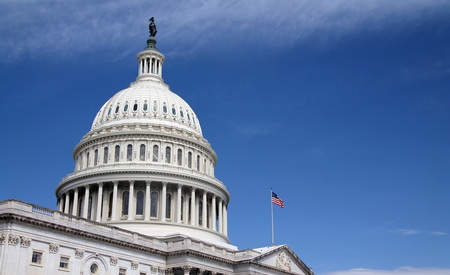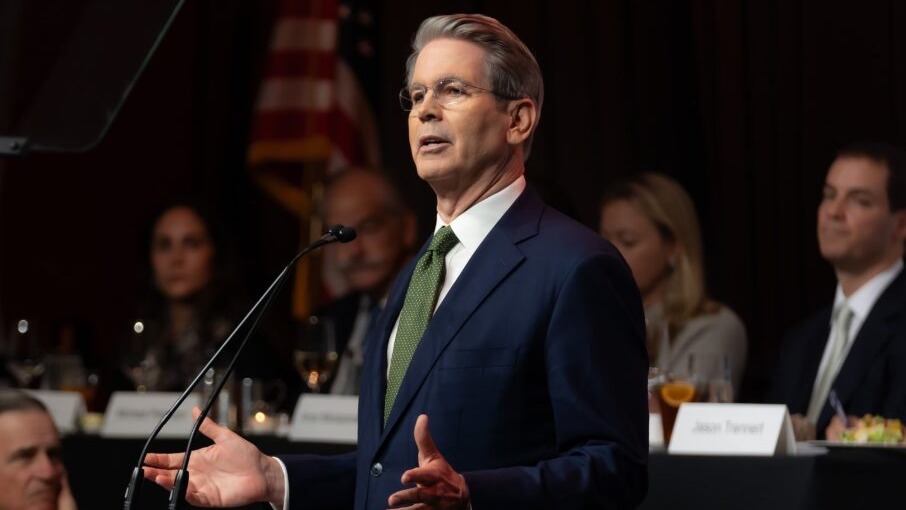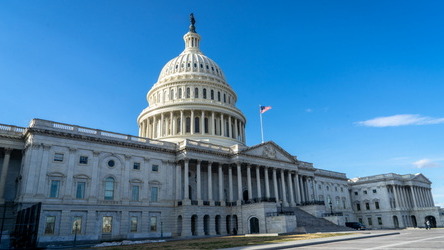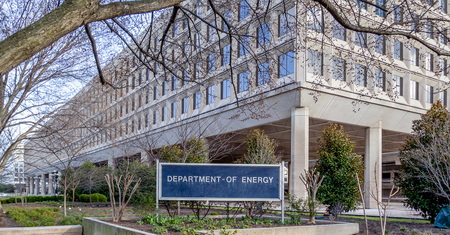
As House and Senate Republicans work to develop the details of their tax legislation, the real estate industry is mounting a unified defense against possible limitations on the deductibility of state and local business property taxes. (BisNow, March 14)
Why It Matters
- Last week, The Real Estate Roundtable (RER) and sixteen other national real estate organizations wrote to members of the House Ways and Means and Senate Finance Committees urging them to oppose any proposal that would cap or eliminate the deductibility of state and local business property taxes. (Roundtable Weekly, March 7)
- The House Ways and Means Committee is exploring reductions to business-related state and local tax deductions—including property taxes—as part of its effort to offset the costs of a broader GOP tax package. (PoliticoPro, March 11)
- At a White House meeting on Thursday between President Trump and Senate Finance Committee Republicans, Sen. Ron Johnson (R-WI) said Senators raised corporate SALT as a potential offset. Several Senators reportedly “pitched Trump on repealing the corporate state and local tax deduction.” (CQ, March 13; Politico, March 13)
- A cap on the deductibility of property taxes paid by U.S. businesses could have devastating consequences for commercial real estate owners, developers, and investors nationwide.
- State and local property taxes represent 40% of the operating costs of U.S. commercial real estate, a greater expense than utilities, maintenance, and insurance costs combined.
- The potential tax change could reverse the benefits of the 2017 Tax Cuts and Jobs Act (TCJA) and Section 199A, potentially raising effective tax rates on real estate to 1970s-era levels near 50%.
- With elevated interest rates, rising insurance premiums, and increased operational expenses pressuring property owners across asset classes, industry advocates argue that eliminating the deduction would only deepen existing challenges, resulting in “job losses, pressure on rents, stress on the banking system, and reduced housing construction.” (BisNow, March 14)
- RER urges members to amplify this message to their representatives in Congress.
Tax Talks

- Both chambers had a busy week meeting with committee members and Trump administration officials to discuss the overall framework for their respective tax agendas.
- House Ways and Means Committee Republicans met with Treasury Secretary Scott Bessent on Monday to review tax options, while Senate Finance Committee members separately convened to discuss their approach, revealing significant differences in timeline and strategy. (PoliticoPro, March 10)
- Ways and Means Committee Chairman Jason Smith (R-MO) has already said that the instructions laid out in the House-approved budget resolution won’t allow for a permanent extension of Trump’s tax cuts, but would allow for an eight- to nine-year extension. (Politico, March 10)
- GOP lawmakers from high-tax states, including New York, New Jersey, and California, continue to demand that any final tax legislation include lifting or fully repealing the $10,000 SALT cap for individual taxpayers. President Trump has expressed support for repealing the SALT limitation.
- House and Senate Republicans have yet to reach an agreement on a budget plan that would set the framework for Trump’s legislative agenda.
- During the White House meeting with Senate Finance Republicans, Trump raised his Gold Visa card concept as a way to pay for the package, along with tariffs and other options. (PoliticoPro, March 13)
Looking Ahead
- House Republicans aim to pass legislation extending Trump-era tax cuts by Memorial Day, while Senate Republicans suggest an August timeframe might be more realistic, with Sen. John Cornyn (R-Texas) noting “there’s no consensus” in the Senate. (Politico, March 10)
RER will remain actively engaged with lawmakers, reinforcing the message that preserving full deductibility of business property taxes is essential to protecting jobs, promoting investment, housing affordability, and ensuring continued economic stability nationwide.


















